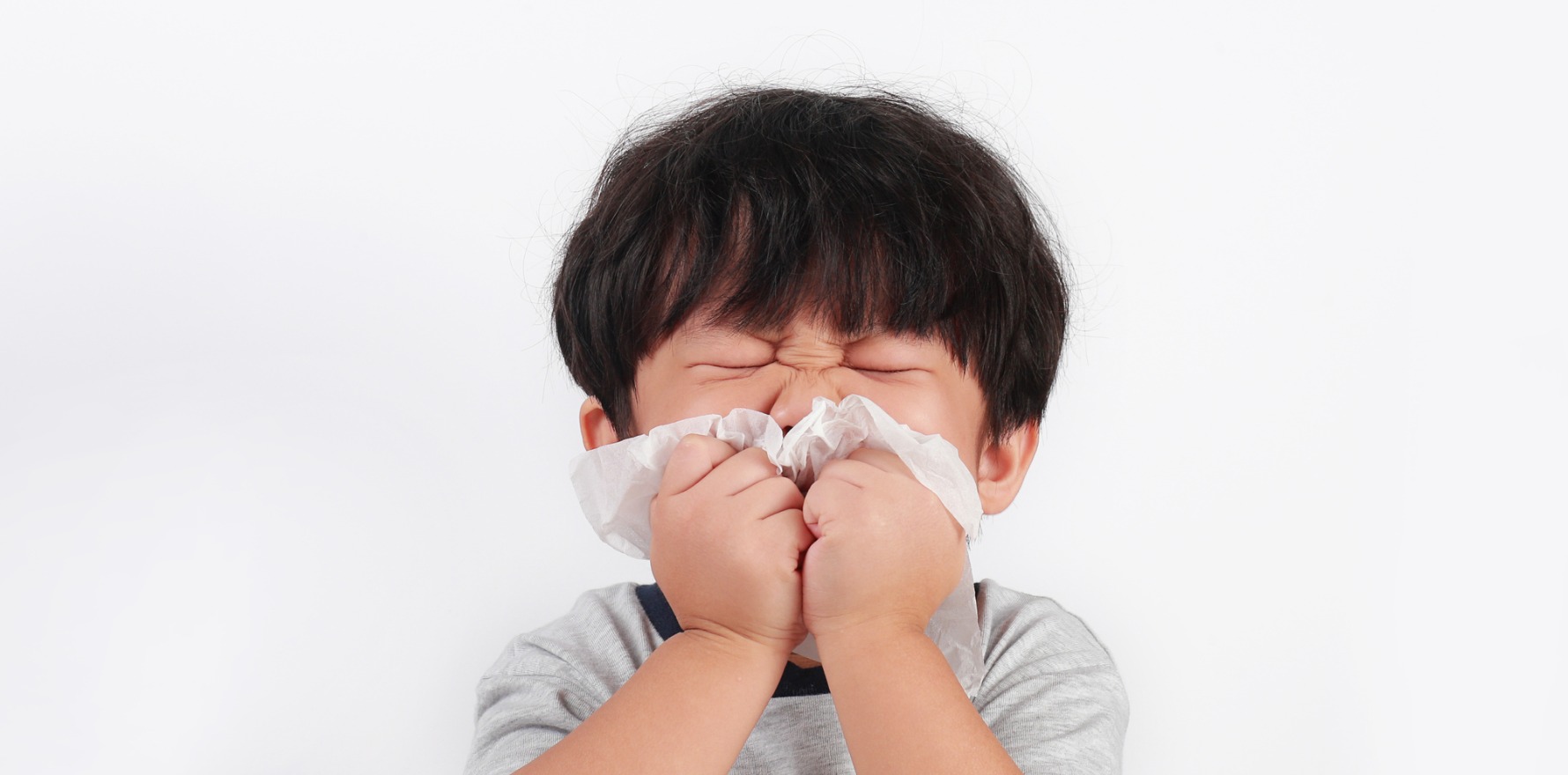These older generation drugs can be dangerous in young children, the TGA warns.
Don’t use first-generation antihistamines in young children as they can cause serious harm, the TGA has warned health care providers and consumers.
“First-generation antihistamines, including those available over-the-counter, should not be used for the treatment of cough, cold and flu symptoms in children under 6 years,” the regulator said.
“First-generation antihistamines should not be given to children under 2 years of age for any indication.”
The TGA said giving first-generation antihistamines to children for sleep or behaviour problems could be dangerous.
First-generation antihistamines affected the histamine receptors in the brain and spinal cord, travelling across the blood-brain barrier and potentially causing sleepiness, the TGA said.
First-generation antihistamines became available in the 1940s, but second-generation antihistamines that cause less sleepiness and interact with fewer medications were developed in the 1980s.
According to NPS Medicinewise, the older-generation antihistamine promethazine hydrochloride (Phenergan, Sanofi) should not be given to children under two because it can cause fatal respiratory depression. The drug is commonly used for allergies, nausea, travel sickness and short-term sedation.
First-generation antihistamines include alimemazine (trimeprazine), brompheniramine, chlorphenamine, dexchlorpheniramine, diphenydramine, doxylamine, pheniramine, promethazine and triprolidine.


